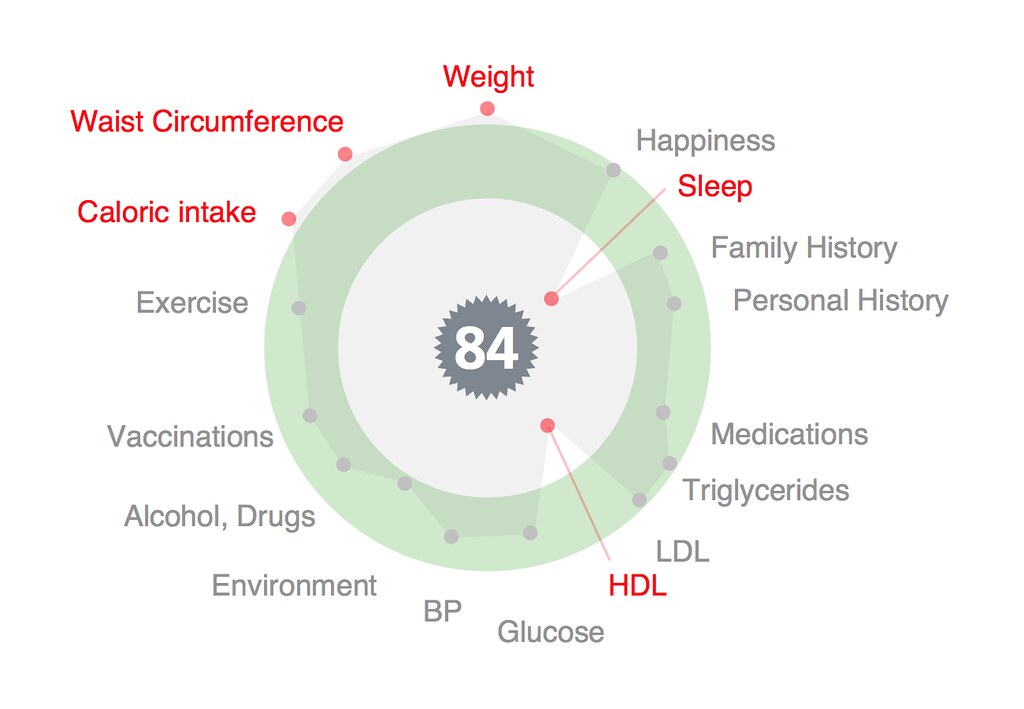The Interoperability and Patient Access final rule (CMS-9115-F) aims to put patients first, giving them access to their health information when they need it most and, in a way, they can best use it.
- Interoperability = Interoperability is the ability of two or more systems to exchange health information and use the information once it is received.
- Patient Access = Patient Access refers to the ability of consumers to access their health care records.
Lack of seamless data exchange in healthcare has historically detracted from patient care, leading to poor health outcomes, and higher costs. The CMS Interoperability and Patient Access final rule establishes policies that break down barriers in the nation’s health system to enable better patient access to their health information, improve interoperability and unleash innovation while reducing the burden on payers and providers.
Patients and their healthcare providers will have the opportunity to be more informed, which can lead to better care and improved patient outcomes, while at the same time reducing burden. In a future where data flows freely and securely between payers, providers, and patients, we can achieve truly coordinated care, improved health outcomes, and reduced costs.


"My hGraph, basic data" by juhansonin is licensed under CC BY 2.0.
